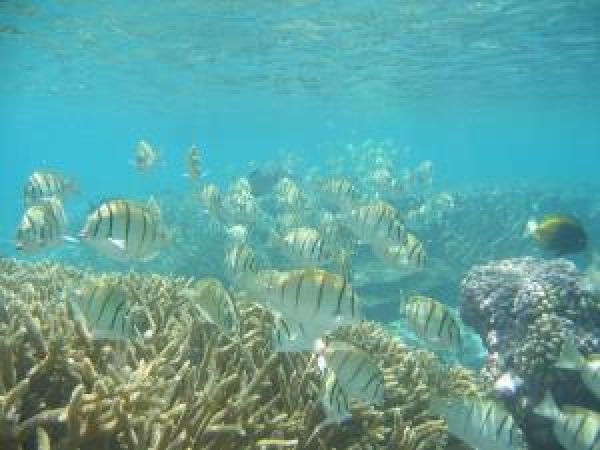The team, led by Elizabeth Madin, a researcher at the Hawai‘i Institute of Marine Biology in the University of Hawai‘i at Mānoa School of Ocean and Earth Science and Technology (SOEST), found ecosystems do not respond universally to fishing in a study published in Ecology and Evolution.
There has been much debate about the degree to which ocean ecosystems are impacted by fishing, also termed “top-down forcing” because such changes occur when predators at the top of the food web are removed, versus the availability of nutrients and other resources in an ecosystem, termed “bottom-up forcing.”
“Examples from a variety of marine systems of exploitation-induced, top-down forcing have led to a general view that human-induced predator perturbations can disrupt entire marine food webs, yet other studies that have found no such evidence provide a counterpoint,” said Madin.
Continue reading at University of Hawai‘i at Mānoa
Image via University of Hawai‘i at Mānoa


